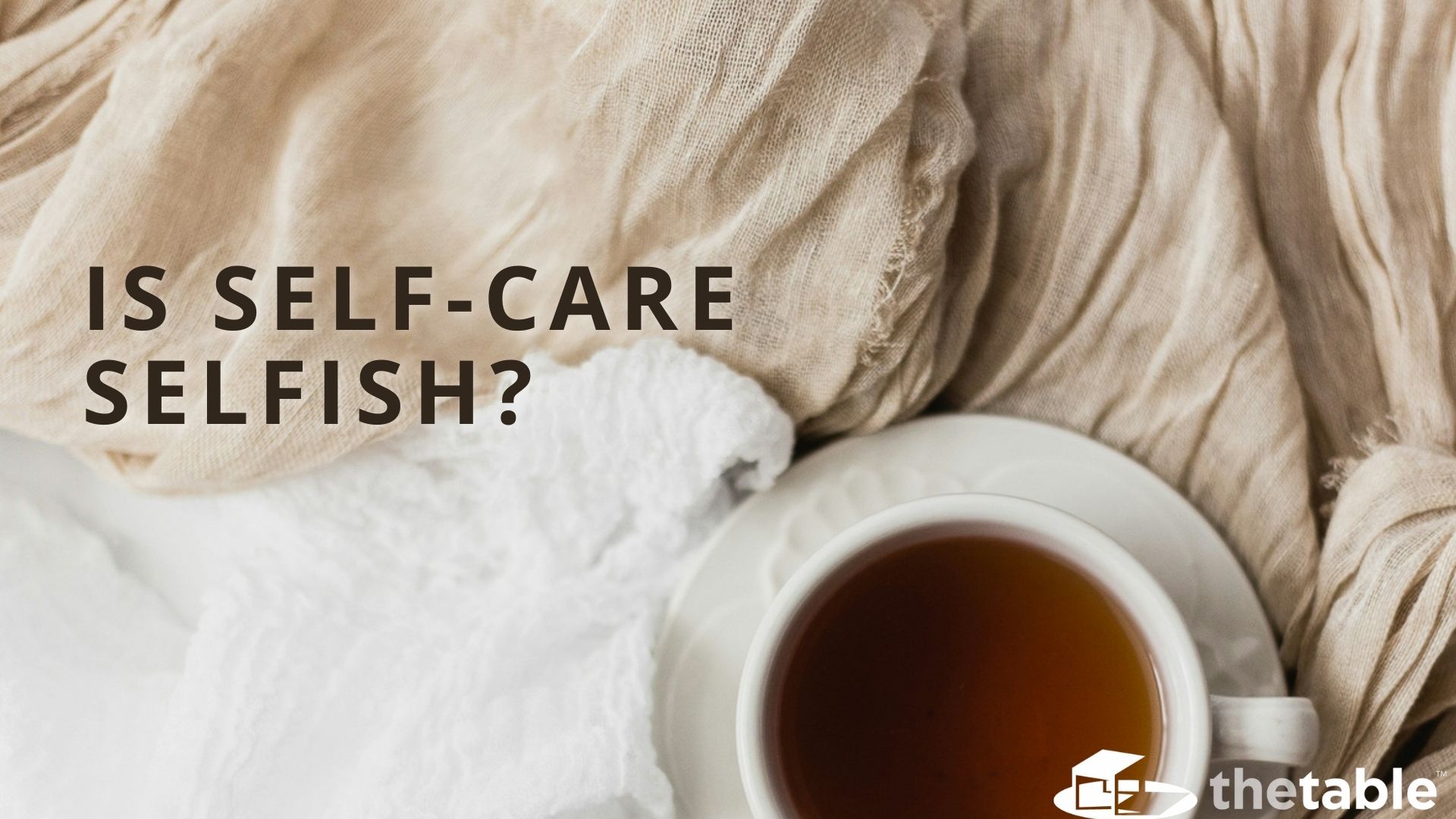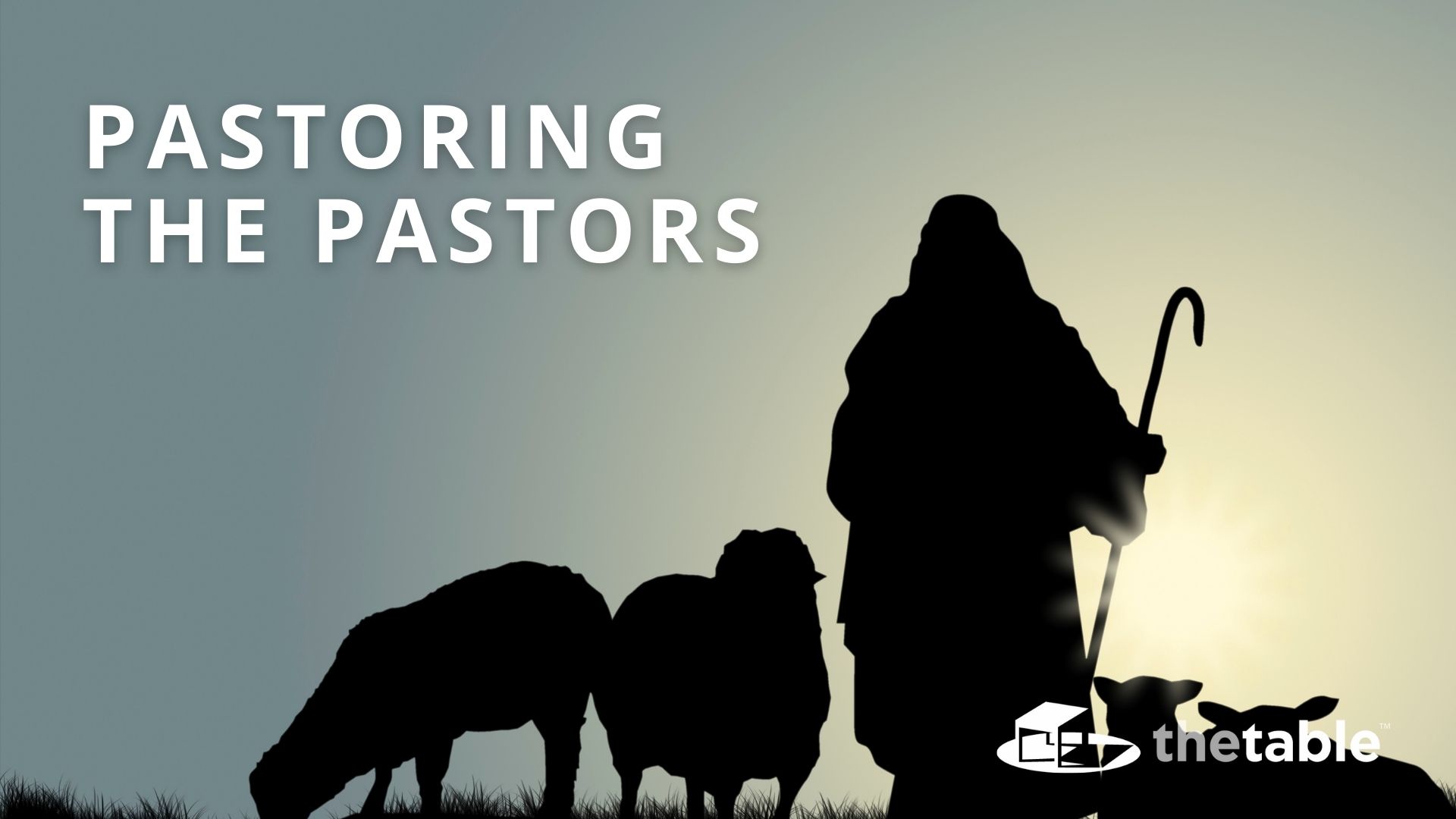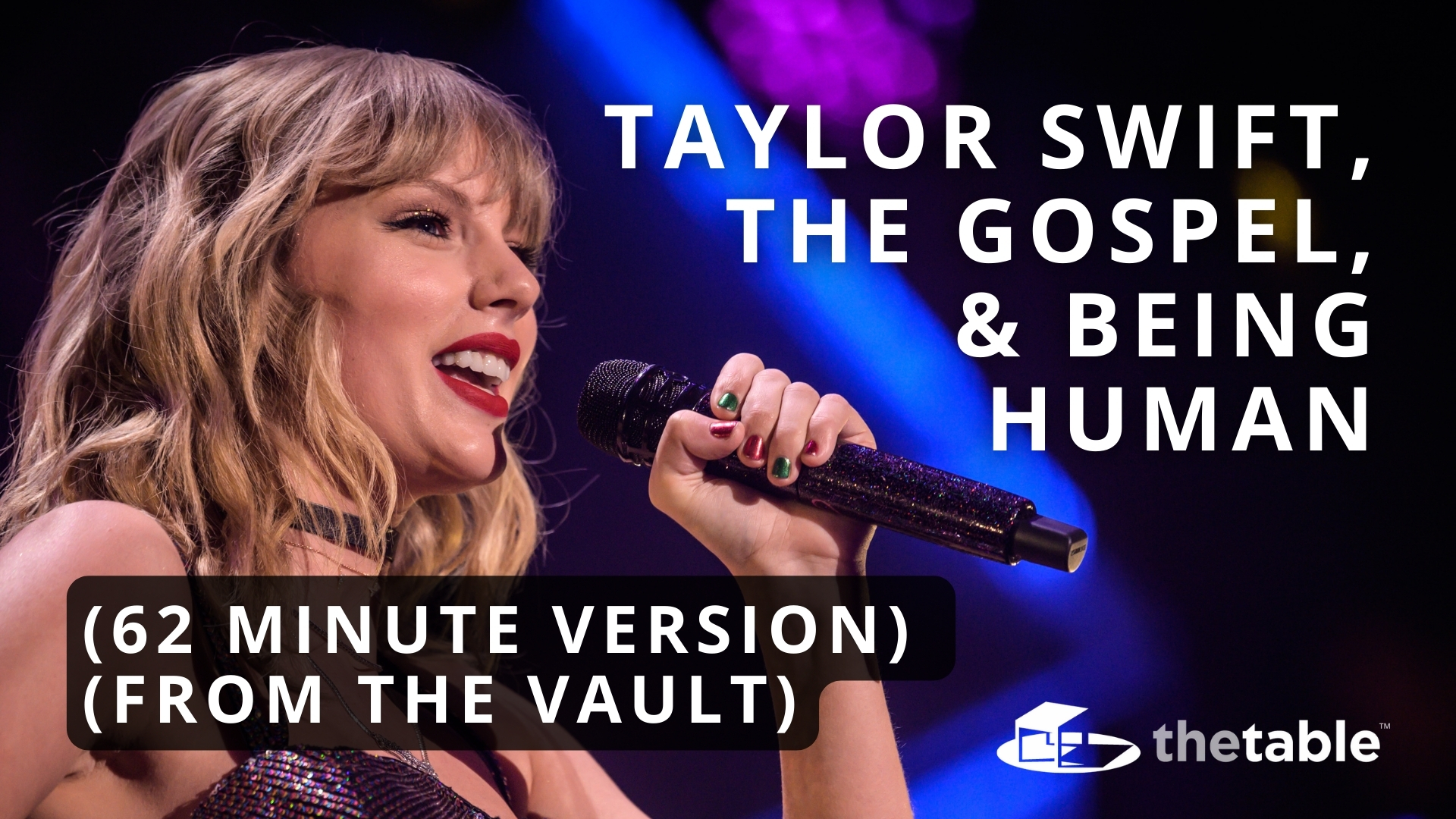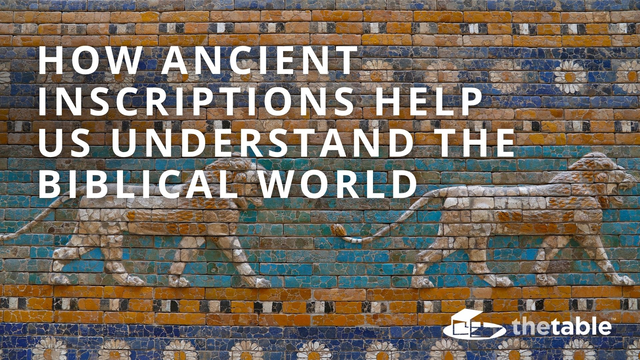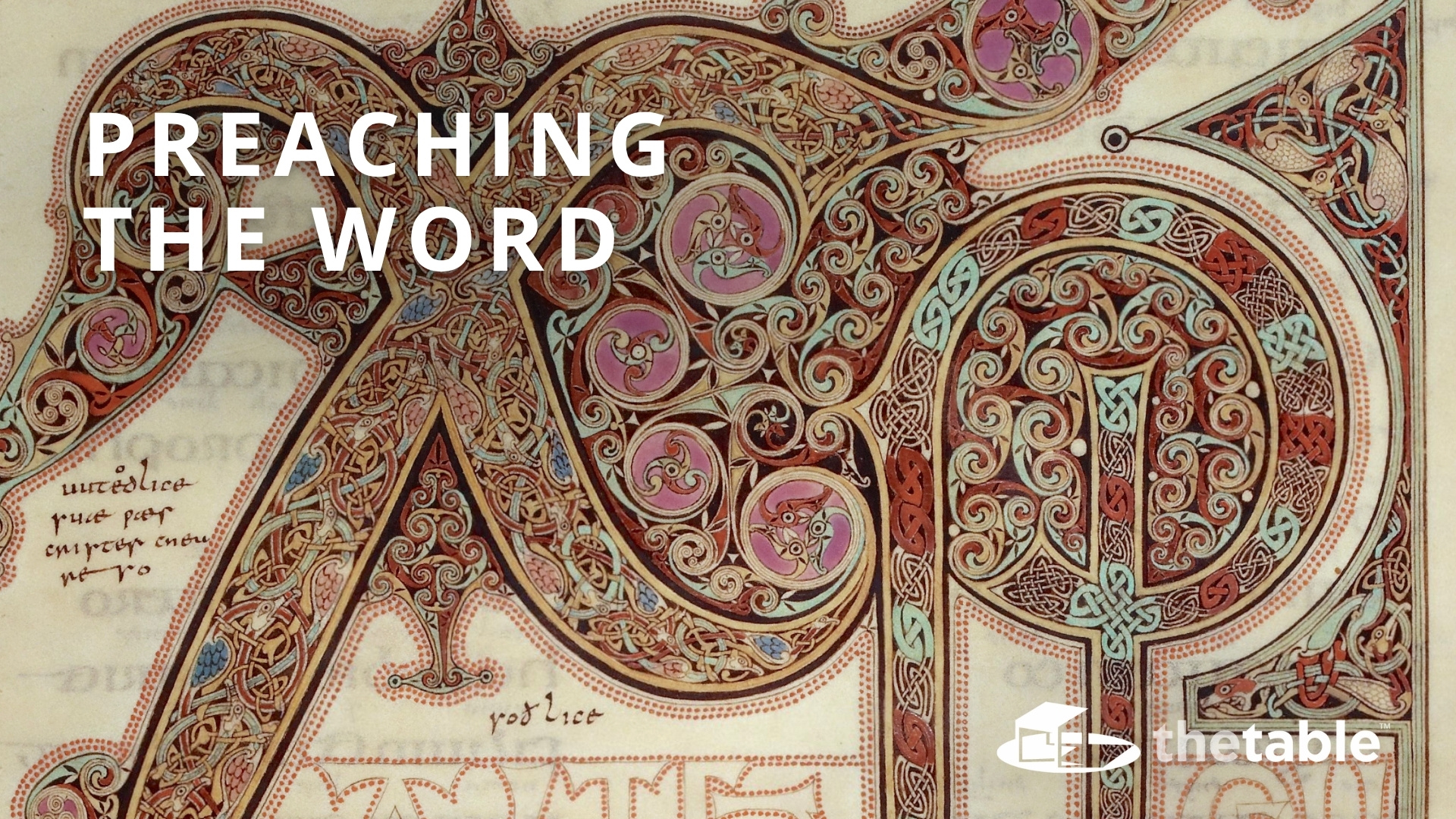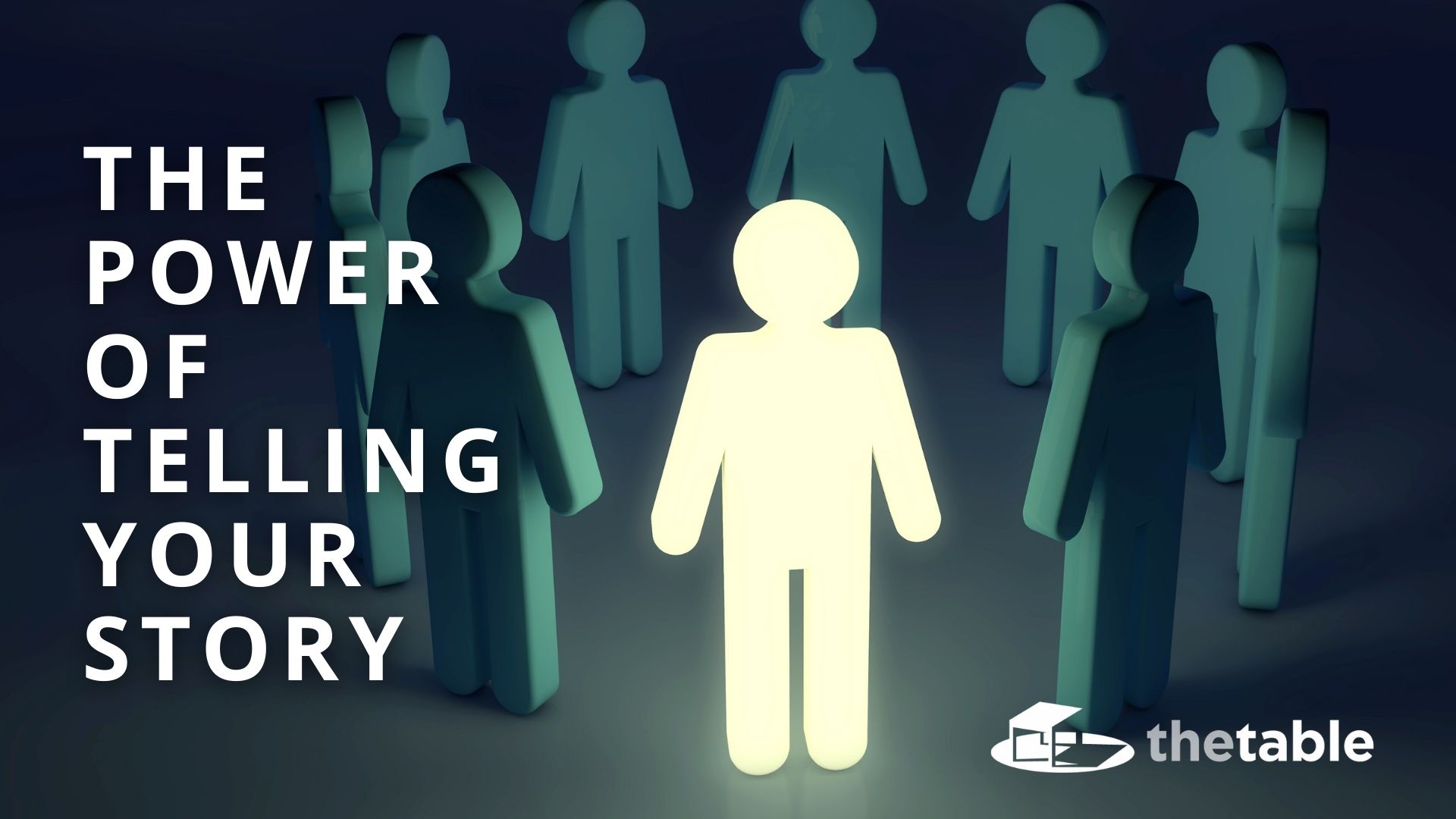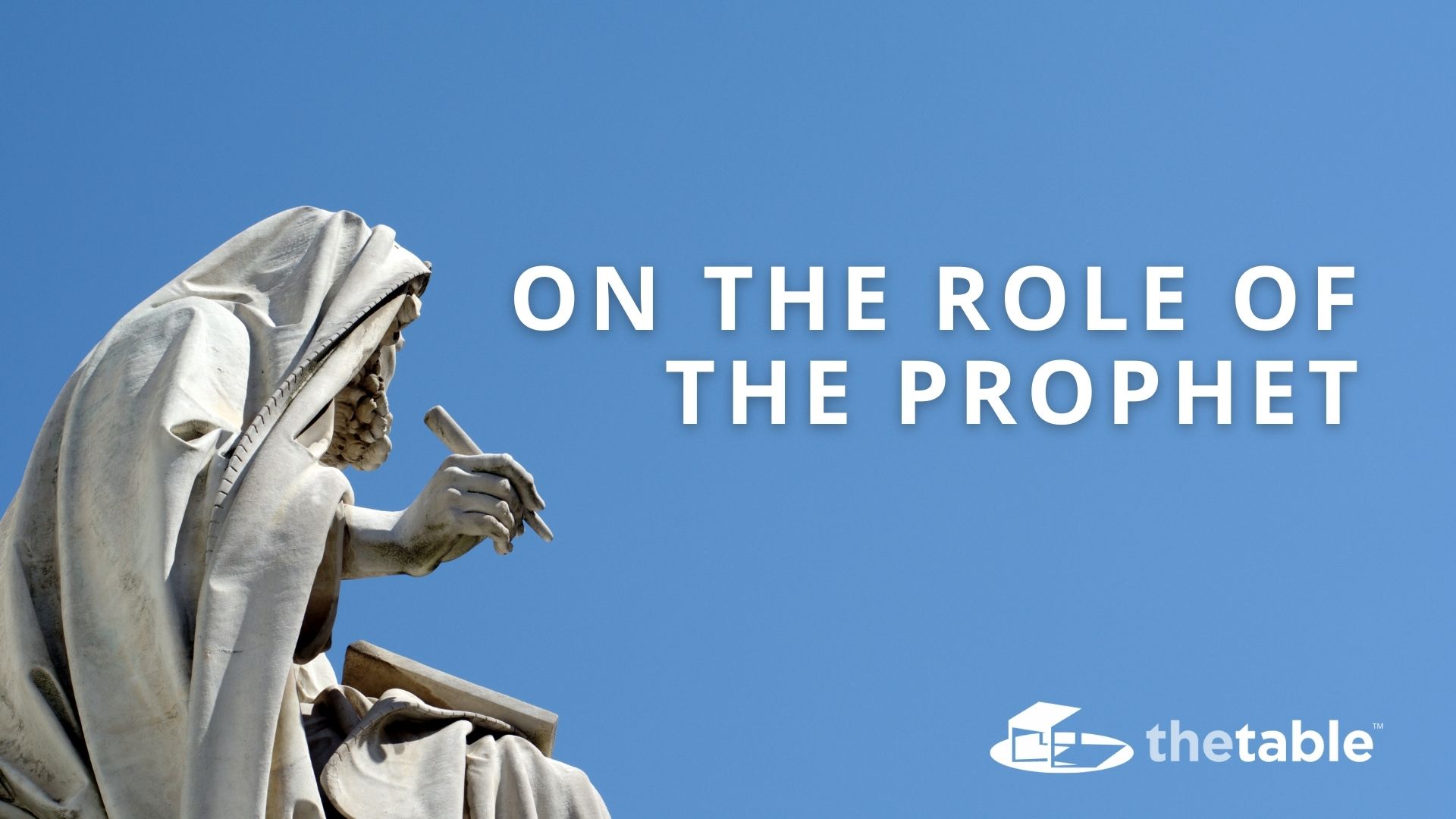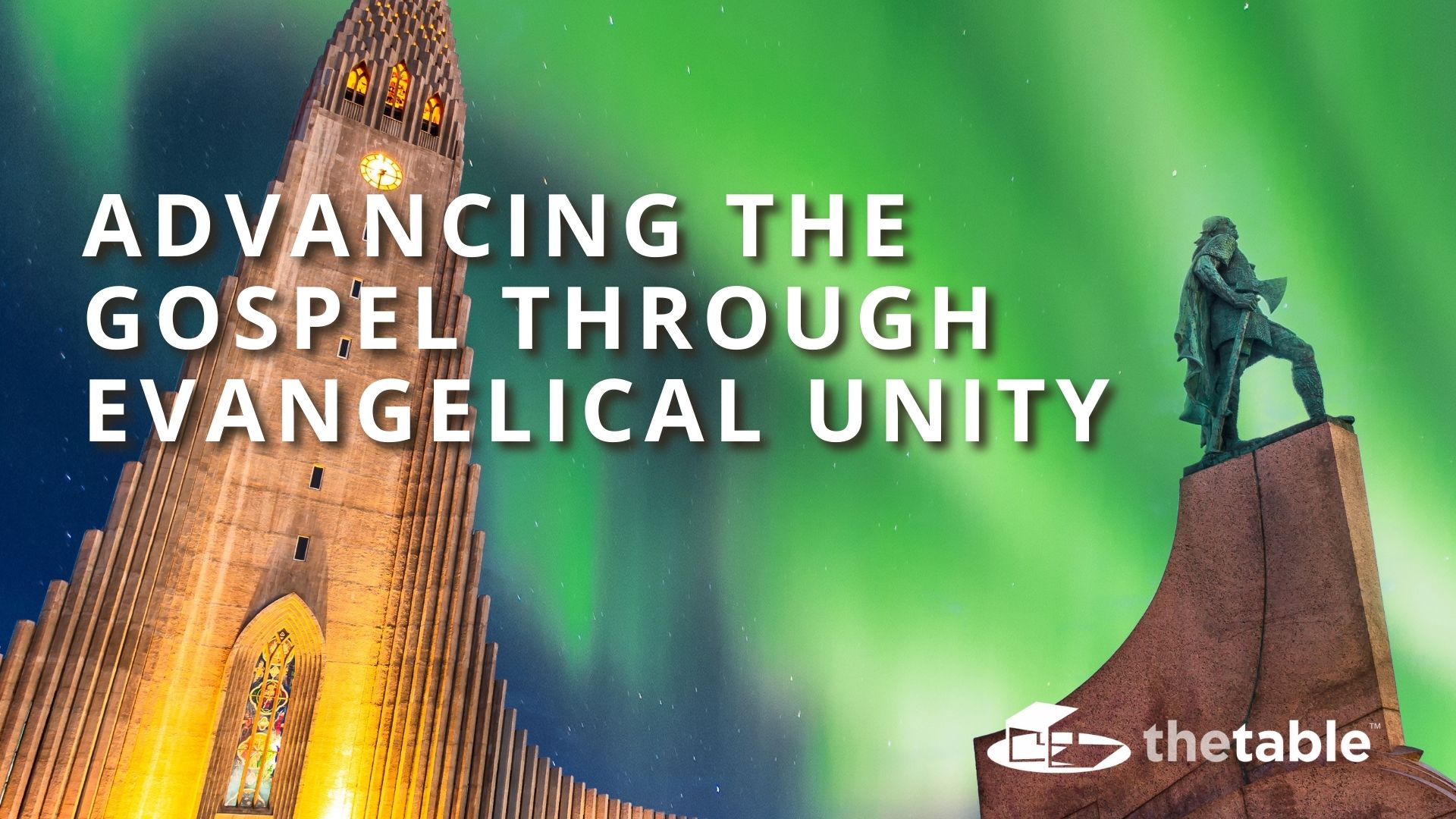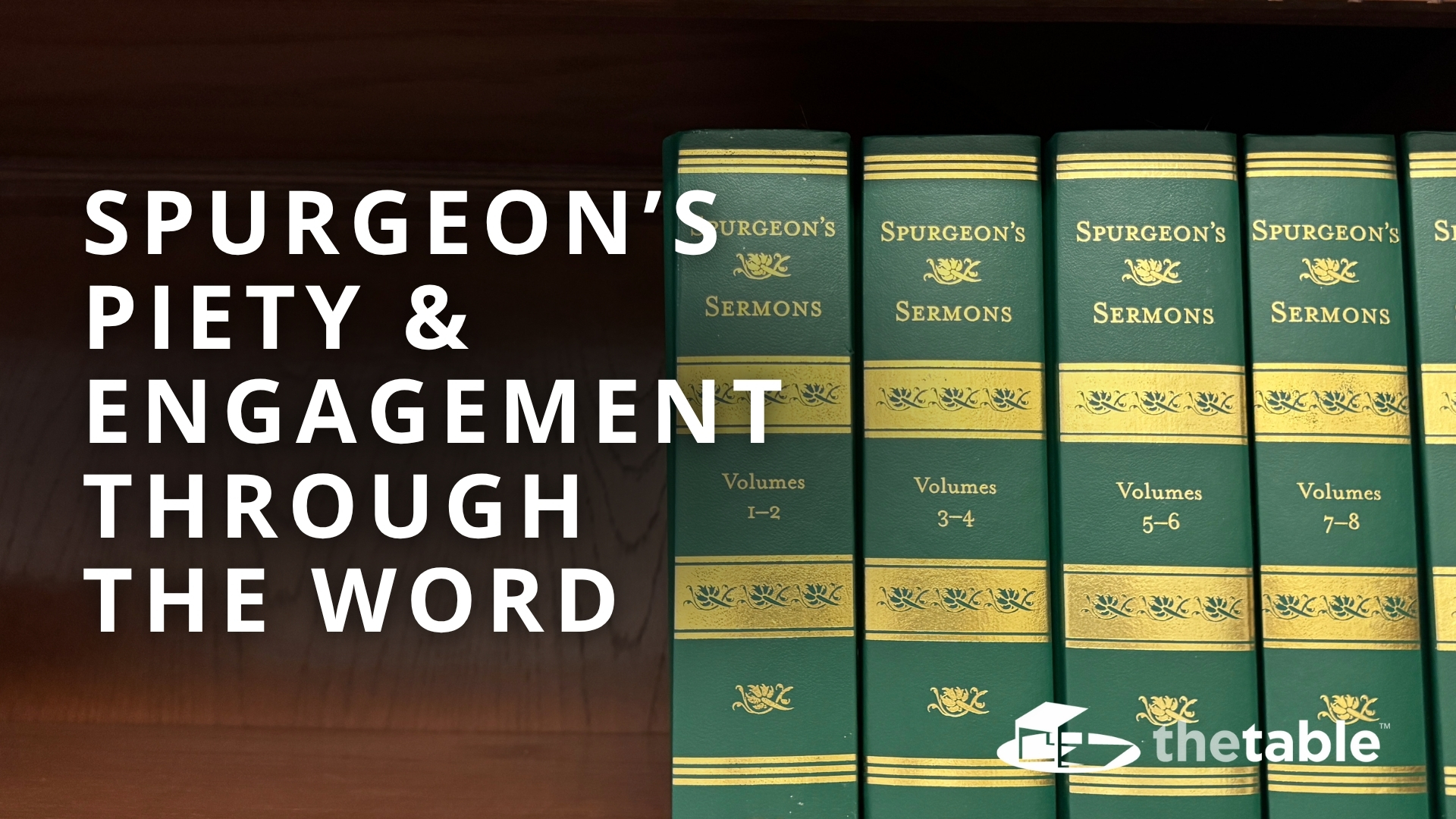Is Self-Care Selfish? – Classic
Description
Kasey Olander:
Welcome to the Table Podcast where we discuss issues of God and culture to show the relevance of theology to everyday life. I'm Kasey Olander and I'm the web content specialist here at the Hendrick Center at Dallas Theological Seminary. Today, our topic is self-care. So, when you saw the term self-care in the title of the episode, you probably had one of two reactions. One thing you could have thought, there's been an unhealthy overemphasis in this area, and I'm glad they're here to put a stop to it. Or on the other hand, maybe you thought, okay, there's been a really healthy growth in this area and I'm excited that they're here to emphasize it. Well, let me just, wherever you find yourself right now, I'm going to acknowledge both extremes that self-care can become idolatry if we prioritize our own comfort at all costs.
And at the same time, self-care is a matter of human dignity because we're made in the image of God. And so how do these seemingly disparate ideas fit together? How do we see ourselves rightly and maybe even, how do we walk the narrow road between self-indulgence and self-negligence? Here to talk about this today are two esteemed guests, Dr. Michelle Pokorny and Dr. French Jones. And Michelle Pokorny is an adjunct professor in DEdMin and DMin studies here at DTS. Michelle, thank you so much for being here today.
Michelle Pokorny:
Thanks for having me.
Kasey Olander:
Appreciate it. And then French Jones is a professor of counseling ministries here at DTS. Thanks for joining us.
French Jones:
Absolutely.
Kasey Olander:
Yeah. So I'm looking forward to this conversation because it has been increasingly trending. I think I saw that self-help books are maybe the fastest growing categories of books on the market. A ton of people are talking about self-care. And so I guess my first question should just be what is self-care? I guess I'll start with you, Michelle. What is it that we're talking about when we say self-care?
Michelle Pokorny:
Yeah, great question. And there is a lot of confusion out there about what exactly we mean. I would define healthy self-care as practices that are rooted in relationship with the Lord and follow his design for human flourishing, recognizing that we're holistic beings, that there's a social dimension to our personhood, physical, mental, spiritual, emotional, all those dimensions are intertwined. And so self-care is recognizing and attending to those needs.
Kasey Olander:
I love that. I love that you highlighted all the different dimensions of who we are as humans. So we'll come back to that. Anything to add, French?
French Jones:
I would totally agree with Michelle, and because it's so multidimensional, it seems like this is an ongoing task, a responsibility for all of us, that I might be really good in one area, but really poor in another. And it requires balance in attending to our state of being and recognizing where am I falling short and how can I be better? Because if not, I think there's a consequence. Basically, you reap what you sow. And like I was reading this week in the newspaper, this study that was done about sleep in the United States, 26% of all folks in the United States only get eight hour sleep. So, so many of us are not even getting enough sleep and 25% get five hours or less. And one of the fastest ways to a psychotic break is miss three nights of sleep. And you really are walking on the edge when you cannot get the rest physically, your body needs.
Kasey Olander:
Isn't that fascinating? That so often throughout our day, we're thinking of everything but sleep. We're thinking of all the things we have to do, the people we have to see, and yet this is such an important part that it keeps us functioning.
French Jones:
Yeah, absolutely.
Kasey Olander:
That's fascinating.
Michelle Pokorny:
Lots of people think of self-care in terms of spa days or self-indulgence, some sort of pampering when really the basics of diet, food, exercise are so critical to our self-care.
French Jones:
That's exactly right.
Kasey Olander:
Yeah. And then Michelle, can you give us your definition one more time? Because I liked all of the different facets that you hit.
Michelle Pokorny:
Okay. I said healthy self-care is rooted in a relationship with the Lord. So it takes a lot of discernment on those practices because they can easily tend selfish or not. So rooted in a relationship with the Lord and following his design for human flourishing,
Kasey Olander:
For human flourishing. And then you have physical and mental and emotional. French has jumped right into the physical dimension. So I guess we'll start there. You mentioned diet and exercise too. What else? What other habits affect our self-care or lack thereof
Michelle Pokorny:
Regarding physical?
Kasey Olander:
Mm-hmm, physical.
Michelle Pokorny:
Physical. Sleep was a huge one that you mentioned. Diet, exercise, getting enough sunlight. Just going outside and being in nature, having movement in nature. So many of those things, it's interesting how God has designed our bodies that have such a calming effect. Just getting enough serotonin, your endorphins when you exercise, when you move, so many of those things really can help us have a more centered self. Again, rooted in the relationship with the Lord though.
French Jones:
Oh, yeah.
Kasey Olander:
What do you mean by a centered self as opposed to self-centered, right?
Michelle Pokorny:
Yes, as opposed to self-centered, that's a good distinction. I guess I mean someone that is anchored in their relationship with the Lord, someone that… I have a tendency towards anxiety, and so someone that tries to anchor themselves in their relationship with the Lord that is centered in and grounded in who God is and who he's made me to be. So there's an identity piece that's involved in this whole self-care conversation as well.
Kasey Olander:
That's huge. Yeah. Were you going to add something?
French Jones:
From my perspective, I do believe it starts with the spiritual. That we need to be crystal clear that as believers, as human beings created in the image of God, this is the only body we got, and if you don't take good care of it, there will be illness or disease, we wear out. And what kind of a testimony is that? If you're constantly exhausted and sick, how can we really see our responsibility in terms of ministry or stewardship, servant-hood if we cannot do the work. And that practice, the sooner that can begin I think is really critical.
I was fortunate to become a believer in my freshman year in college, and I had such great mentors really through Campus Crusade for Christ that spoke into my life and helped shape me in so many ways. And for us, as I was on staff with Crusade for five years, that really began with my quiet time in the morning. And to this day, I taught right down the hall here this morning, and every class I've taught for the last 30 years begins with a devotional. We're going to do that, but that's what I got when I was here 40 years ago, 47 years ago. So that's just I think, the modeling that comes and how that translates into my life that I want to pass on to others. But the physical component, I think, as well as diet and exercise. We are not angels. We don't have wings. We cannot zip here and there, but this idea of even Jesus wanting to get away from the crowds, and we have the model there, for sure.
Kasey Olander:
Yes. Jesus, the perfect human.
French Jones:
Yeah.
Michelle Pokorny:
Yeah.
Kasey Olander:
That's a great point. And I love that you brought up the college years that the earlier you start, the better your habits can be for the duration of your life.
French Jones:
Yes. Yes.
Kasey Olander:
Yeah. College was such a formative time for me spiritually. And I, too was on staff with the campus ministry for five years, I was with BSM, Baptist Student Ministry, but that's a time when usually, students are not sleeping and eating junk and basically not doing any of the self-care things.
French Jones:
That's right.
Michelle Pokorny:
Yeah.
Kasey Olander:
So yeah, if you can actually change it to have that season be one of health, then that leads to the flourishing that you were talking about, Michelle, potentially for a lifetime.
French Jones:
Absolutely.
Kasey Olander:
Yeah. So what are some of the other, and French, you transitioned us into spiritual things. What are some of the other ways that people can care for themselves spiritually? You talked about Bible reading and devotions.
French Jones:
Yeah. So one thing that happened with us, my wife Amy, was a business consultant for 30 years in her career, and for five years she was commuting to Atlanta and-
Kasey Olander:
From Dallas.
French Jones:
From Dallas. So every Monday morning, she would take the seven o'clock flight and come back Thursday night. And that really led us into a time of evaluating the Sabbath rest. And we did some research on that, and that absolutely revolutionized our life. And there were some major anchor points in what Sunday would look like for us. And one of them was saying no to the many wonderful invitations we got for dinner parties o

